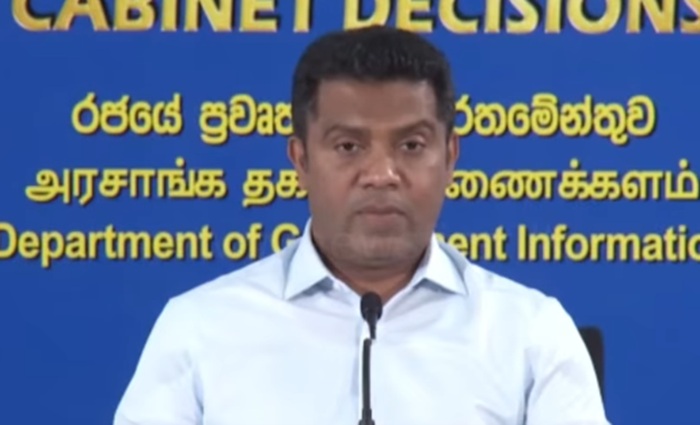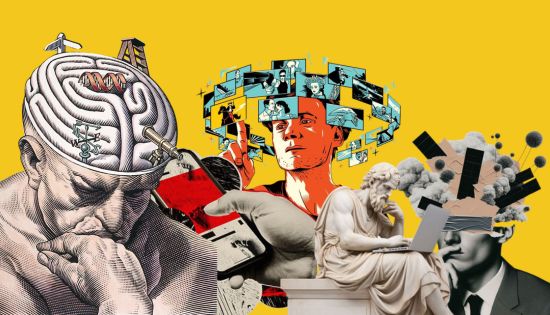The Difference Between Accredited and Recognized Degrees
When choosing a degree program, it’s important to understand two key terms: accredited and recognized degrees. These terms can affect your career opportunities, further studies, and even the value of your qualification. Knowing the difference can help you make the right decision for your future. Let’s explore what they mean and why they matter.

What is an Accredited Degree?
An accredited degree is one that has been reviewed and approved by an official accreditation body. Accreditation ensures that the program meets specific academic and professional standards. These standards are set by organizations that specialize in quality assurance for education. For example, engineering programs might be accredited by professional engineering bodies, while business programs may be accredited by international business councils. Accreditation often guarantees that the degree is recognized not only locally but also internationally.
Examples of Accredited Degrees:
- A Bachelor of Engineering accredited by the Washington Accord is recognized in many countries, ensuring global acceptance of the degree.
- A business degree accredited by AACSB (Association to Advance Collegiate Schools of Business) is highly regarded in the corporate world.
What is a Recognized Degree?
A recognized degree is one that is accepted by the government or relevant authorities of a country. While these degrees are valid and may allow you to work or continue studies within that country, they may not always meet international standards. Recognition usually means that the degree is officially approved by a local education authority but doesn’t necessarily go through the rigorous quality checks of accreditation.
Examples of Recognized Degrees:
- A degree from a local university that is recognized by the Ministry of Education in a particular country may qualify you for government jobs or local opportunities.
- Some professional qualifications, like diplomas issued by private institutions, are recognized by specific industries but may not be accredited.
Why Should You Check These Details?
Understanding whether a degree is accredited or recognized is crucial for your future. Here’s why:
- Global Opportunities: If you plan to work or study abroad, an accredited degree is often essential as it meets international standards.
- Professional Licenses: Certain fields, like medicine or law, require accredited degrees to obtain licenses. Without accreditation, you might face hurdles in your career.
- Quality Assurance: Accreditation guarantees a certain level of quality in education, ensuring you gain the skills and knowledge employers expect.
On the other hand, recognized degrees can be sufficient if your plans are local and you don’t need international recognition. However, you should always verify with the relevant authorities to ensure the degree suits your goals.
Choosing the right degree is a big decision, and understanding the difference between accredited and recognized degrees can help you avoid future complications. Always research the university and program thoroughly. Check if it is accredited by a reputable body and recognized by local authorities. This step will give you confidence that your investment in education is worthwhile and beneficial for your career.
Related News
GCE O/L Exam 2025 Results : Update
The Commissioner General of Examinations, A.K.S. Indika Kumari Liyanage, has stated that the results of the G.C.E. Ordinary Level 2025 (2026) examination…
Read MoreSix Tips For Choosing a Future Career
Not sure what your future career looks like? Here are six tips to help you find the right career for you. 1.…
Read MoreBritish Council Women in STEM scholarships to study in the UK nowopen to Sri Lankans
British Council Women in STEM scholarships to study in the UK nowopen to Sri Lankans For the sixth consecutive year, the British…
Read MoreWuthering Heights: Book vs Movie – Which Resonates More?
Read • Watch • Learn When Emily Brontë published Wuthering Heights in 1847, few expected the novel to become one of the…
Read MoreCourses
-

The future of higher education tech: why industry needs purpose-built solutions
For years, Institutions and education agencies have been forced to rely on a patchwork of horizontal SaaS solutions – general tools that… -

MBA in Project Management & Artificial Intelligence – Oxford College of Business
In an era defined by rapid technological change, organizations increasingly demand leaders who not only understand traditional project management, but can also… -

Scholarships for 2025 Postgraduate Diploma in Education for SLEAS and SLTES Officers
The Ministry of Education, Higher Education and Vocational Education has announced the granting of full scholarships for the one-year weekend Postgraduate Diploma… -

Shape Your Future with a BSc in Business Management (HRM) at Horizon Campus
Human Resource Management is more than a career. It’s about growing people, building organizational culture, and leading with purpose. Every impactful journey… -

ESOFT UNI Signs MoU with Box Gill Institute, Australia
ESOFt UNI recently hosted a formal Memorandum of Understanding (MoU) signing ceremony with Box Hill Institute, Australia, signaling a significant step in… -

Ace Your University Interview in Sri Lanka: A Guide with Examples
Getting into a Sri Lankan sate or non-state university is not just about the scores. For some universities' programmes, your personality, communication… -

MCW Global Young Leaders Fellowship 2026
MCW Global (Miracle Corners of the World) runs a Young Leaders Fellowship, a year-long leadership program for young people (18–26) around the… -

Enhance Your Arabic Skills with the Intermediate Language Course at BCIS
BCIS invites learners to join its Intermediate Arabic Language Course this November and further develop both linguistic skills and cultural understanding. Designed… -

Achieve Your American Dream : NCHS Spring Intake Webinar
NCHS is paving the way for Sri Lankan students to achieve their American Dream. As Sri Lanka’s leading pathway provider to the… -

National Diploma in Teaching course : Notice
A Gazette notice has been released recently, concerning the enrollment of aspiring teachers into National Colleges of Education for the three-year pre-service… -

IMC Education Features Largest Student Recruitment for QIU’s October 2025 Intake
Quest International University (QIU), Malaysia recently hosted a pre-departure briefing and high tea at the Shangri-La Hotel in Colombo for its incoming… -

Global University Employability Ranking according to Times Higher Education
Attending college or university offers more than just career preparation, though selecting the right school and program can significantly enhance your job… -

Diploma in Occupational Safety & Health (DOSH) – CIPM
The Chartered Institute of Personnel Management (CIPM) is proud to announce the launch of its Diploma in Occupational Safety & Health (DOSH),… -

Small Grant Scheme for Australia Awards Alumni Sri Lanka
Australia Awards alumni are warmly invited to apply for a grant up to AUD 5,000 to support an innovative project that aim… -

PIM Launches Special Programme for Newly Promoted SriLankan Airlines Managers
The Postgraduate Institute of Management (PIM) has launched a dedicated Newly Promoted Manager Programme designed to strengthen the leadership and management capabilities…
Newswire
-

Government hints at changes in Cricket
ON: March 4, 2026 -

Cabinet approves repeal of Chief of Defence Staff Act
ON: March 4, 2026 -

Emirates suspends Dubai flights for three more days
ON: March 4, 2026










